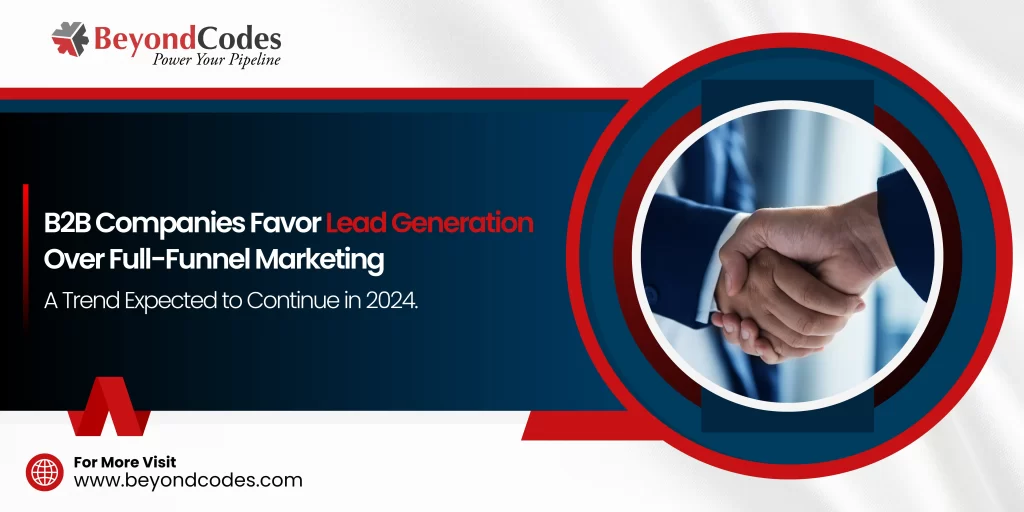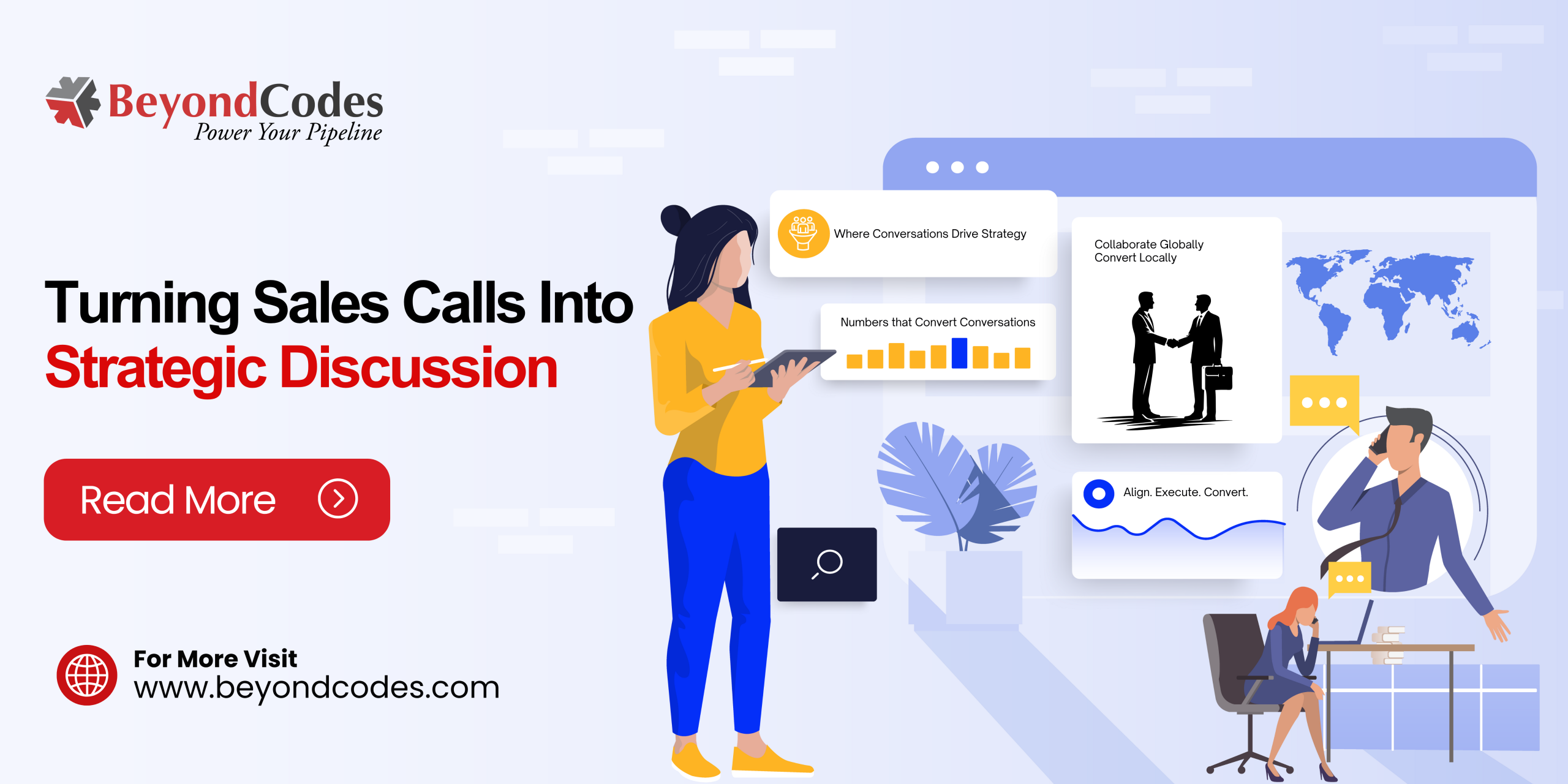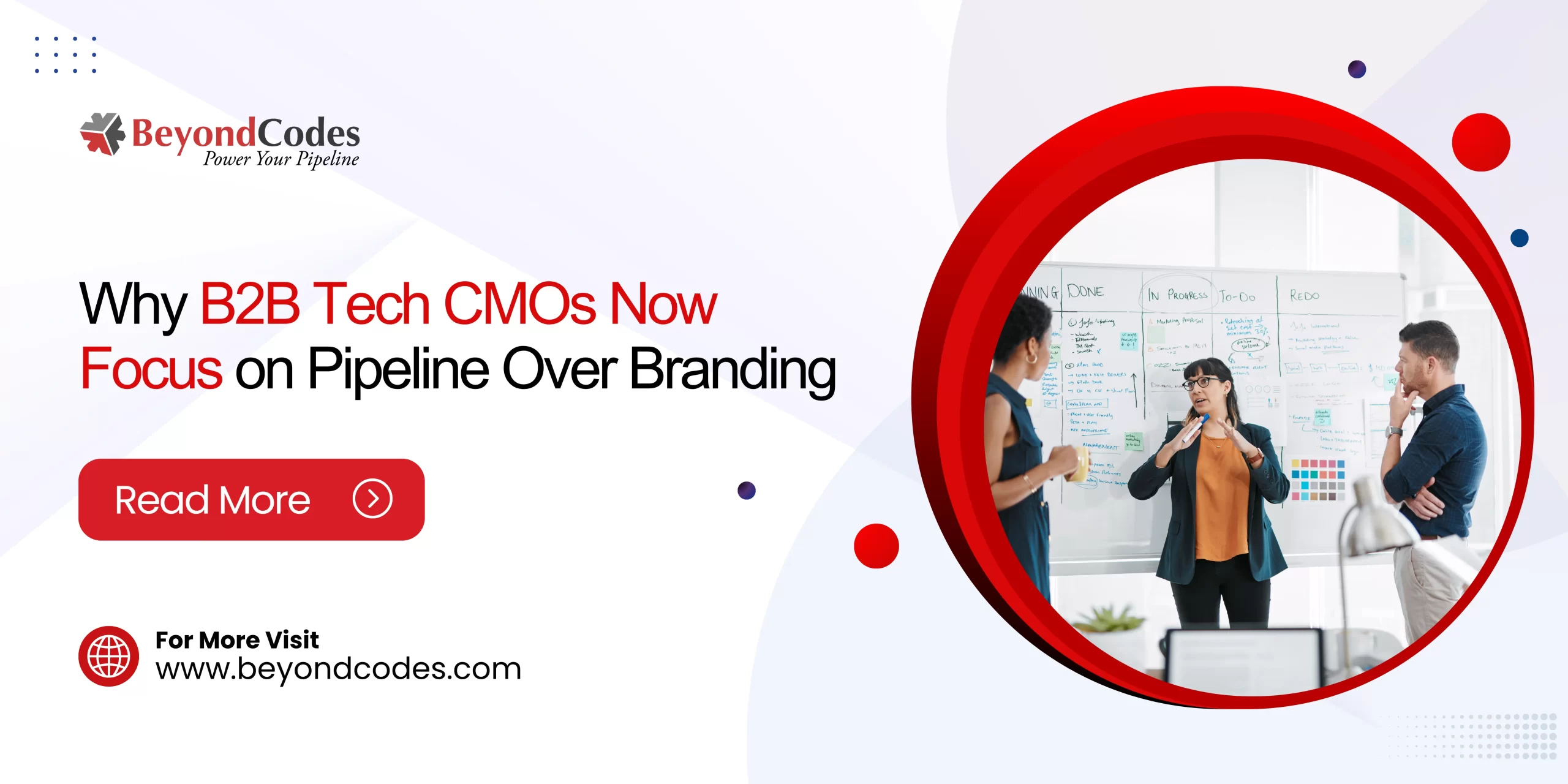Lead Generation Will Remain the Dominant Approach for B2B Marketing in 2024.
Lead generation is a proven and effective way to generate new business. For many years, lead generation has been the primary focus of B2B marketing, successfully generating new leads and opportunities.
Full-funnel marketing is a more complex and expensive approach. Full-funnel marketing requires a more sophisticated understanding of the buyer’s journey and a greater investment in marketing technology and resources.
Many B2B companies don’t have the resources or expertise to implement full-funnel marketing effectively. Small and medium-sized businesses (SMBs) in particular may not have the budget or the staff to implement a full-funnel marketing strategy.
Lead generation is still seen as a more measurable and ROI-driven approach. B2B companies can track the results of their lead generation efforts more easily than they can track the results of full-funnel marketing.
However, there are a few trends that are beginning to change the way B2B companies think about marketing:
The buyer’s journey is becoming more complex. Buyers are now researching and making purchasing decisions more independently, and they are using a wider variety of channels to do so. This means that B2B companies need to reach buyers at every stage of the buyer’s journey, not just at the beginning.
B2B buyers are becoming more demanding. Buyers are expecting more personalized and relevant experiences from B2B companies. This means that B2B companies need to use data and insights to create more targeted and engaging marketing campaigns.
Marketing technology is becoming more sophisticated. There are a growing number of marketing technology solutions that can help B2B companies automate and streamline their marketing efforts. This is making it easier for B2B companies to adopt full-funnel marketing strategies.
As a result of these trends, we will see more B2B companies adopting full-funnel marketing strategies in 2024. However, lead generation will still be an important part of the B2B marketing mix for many years.
Define Demand Gen
A prolonged education-centred approach designed to:
Enhance the flow of inbound opportunities (companies expressing interest in your product) from your Ideal Customer Profile (ICP).
Cultivate interest in target accounts, facilitating smoother connections for the sales team.
Expedite the sales cycle and boost the success rate.
Put simply, it involves employing various educational initiatives such as webinars, podcasts, newsletters, organic thought leadership, blogs, etc., to heighten brand visibility, create an inbound pipeline, and establish a reservoir of engaged accounts that may not be immediately ready for sales but are ripe for further engagement.
Define Lead Gen
B2B lead generation involves attracting potential customers to your company who are likely to find value in your product or service.
The nature of the leads generated can differ based on the campaign and marketing platform employed. Experienced B2B marketers recognize each lead generation channel’s distinct dynamics, budgets, and expectations.
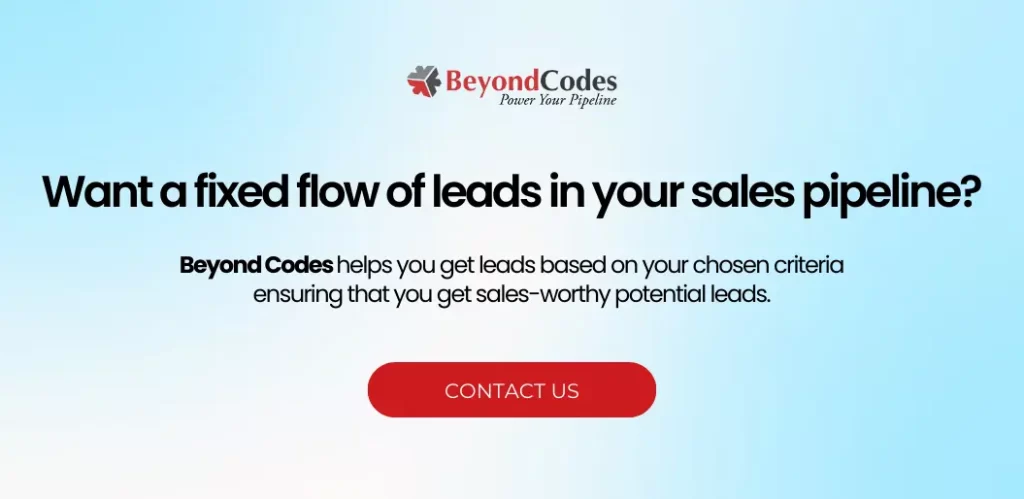
Lead Generation Provides The Following Advantages:
1. Targets the right customers: Sales lead generation identifies prospects who have already shown interest in the company’s products and services, enabling the company to concentrate its marketing and sales efforts on prospects with a higher likelihood of conversion.
2. Boosts brand awareness: Sales lead generation contributes to an increase in brand awareness as leads express interest in your brand. Engaging with this interest helps individuals learn more about your brand, its values, products, services, and features.
3. Facilitates data collection: Sales lead generation presents an excellent opportunity to gather data about your prospects. This includes information on how they discovered your company, which marketing methods are most effective in generating leads, preferred forms of communication, and your leads’ specific needs and desires. Utilizing this wealth of data enables you to tailor your marketing and communication strategies, as well as your products and services, to better meet your customers’ needs.
4. Enhances brand loyalty: Through generating and nurturing leads, companies can build extensive communities of like-minded individuals interested in their products and services. Cultivating this community fosters brand loyalty over an extended period, often achieved through effective inbound, outbound, and sales marketing alignment techniques employed on digital channels.
Here are 5 reasons Why B2B Companies Prioritize Lead Generation
1. 𝐋𝐞𝐚𝐝 𝐠𝐞𝐧 𝐢𝐬 𝐞𝐚𝐬𝐢𝐞𝐫 𝐚𝐧𝐝 𝐟𝐚𝐬𝐭𝐞𝐫 𝐭𝐨 𝐥𝐚𝐮𝐧𝐜𝐡.
Acquiring tools such as ZoomInfo, Sales Navigator, and sales outreach software enables the swift initiation of a cold outbound campaign within a matter of hours. Similarly, implementing direct-response ads and demand-capturing programs can yield rapid results.
In contrast, endeavors to build awareness or generate demand through marketing programs demand a significant investment of time before tangible results materialize.
The intricate nature of crafting and executing these programs, involving strategic planning, content creation, and relationship-building, results in a comparatively prolonged timeline for achieving impactful outcomes.
2. 𝐒𝐜𝐚𝐥𝐚𝐛𝐢𝐥𝐢𝐭𝐲.
Scaling lead generation can be accelerated through increased budget allocation or additional sales development representatives’ (SDRs) recruitment.
On the other hand, initiatives such as awareness campaigns, demand generation efforts, and Account-Based Marketing (ABM) programs require considerable time and effort to achieve scalability.
The intricate nature of these programs involves strategic planning, content development, and building relationships, all of which contribute to a more gradual scaling process compared to the relatively faster impact achievable through increased budget or expanding the SDR team.
Must Read: WHY THE INTRODUCTION OF AI IN SALES IS BLESSING IN DISGUISE FOR SDRS
3. 𝐃𝐢𝐫𝐞𝐜𝐭 𝐚𝐭𝐭𝐫𝐢𝐛𝐮𝐭𝐢𝐨𝐧.
Lead generation often appears more predictable in terms of revenue attribution within your analytics software. This is because the connection between generated leads and eventual revenue can be more straightforward and easily traceable.
On the other hand, B2B demand generation campaigns necessitate a combination of self-attribution, customer interviews, and digital tracking for a comprehensive understanding of their impact.
Unfortunately, many companies lack the necessary tools or systems to seamlessly integrate these components, making it challenging to clearly observe the influence of demand generation efforts on revenue.
As a result, the attribution process for demand generation campaigns tends to be more intricate and less immediately apparent than the more straightforward link between lead generation and revenue.
4. 𝐋𝐢𝐧𝐞𝐚𝐫, 𝐭𝐫𝐚𝐧𝐬𝐚𝐜𝐭𝐢𝐨𝐧𝐚𝐥 𝐟𝐮𝐧𝐧𝐞𝐥𝐬
The process of lead generation operates in a linear fashion, typically following the sequence of an advertisement or cold email leading to a landing page, followed by a demo call, and ultimately resulting in either a successful deal or a lost opportunity.
In contrast, demand generation does not adhere to a linear progression.
Instead, it recognizes that buyers make purchasing decisions based on their readiness and the trust they have developed in a vendor over time.
In this approach, the buying journey is less predetermined and more dependent on the buyer’s unique timeline and level of confidence in the seller.
This non-linear nature underscores the importance of building trust and maintaining a presence throughout the buyer’s decision-making process.
5. 𝐎𝐮𝐭𝐬𝐨𝐮𝐫𝐜𝐢𝐧𝐠
You can quickly find and hire a B2B lead gen agency that will be working on booking meetings for you without involving your team.
Demand gen can be outsourced only partially and requires close collaboration with your marketing and sales team.
Must Read: BEYOND CODES IS MAKING THEIR PRESENCE FELT IN THE LA B2B LEAD GENERATION INDUSTRY SPACE
Reasons Why Most B2B Companies Still Prefer Lead Generation Over Full-Funnel Marketing:
Despite the growing recognition of full-funnel marketing as a more effective approach for B2B companies, lead generation remains a popular strategy. Here are some reasons why:
a) Easier and faster to launch: Lead generation campaigns can be launched relatively quickly, often within a matter of days or weeks. This is because they typically focus on generating leads through direct outreach methods, such as cold emailing or paid advertising. In contrast, full-funnel marketing requires a more comprehensive approach, which can take longer to plan and implement.
b) Scalability: Lead generation campaigns can be easily scaled by increasing the budget or adding more sales representatives. This makes them an attractive option for companies looking to quickly ramp up their lead generation efforts.
On the other hand, full-funnel marketing can be more challenging to scale, as it requires a more integrated approach involving multiple marketing channels.
c) Direct attribution: It is often easier to attribute revenue to B2B lead generation campaigns than to full-funnel marketing efforts. This is because lead generation campaigns typically have a clear call to action (CTA), such as downloading a whitepaper or scheduling a demo.
On the other hand, full-funnel marketing often involves multiple touchpoints, making it more difficult to isolate the impact of any one channel.
d) Linear funnel: Lead generation campaigns typically follow a linear funnel, where leads progress from one stage to the next until they are eventually converted into customers. This makes it easy to track the progress of leads and measure the success of campaigns. On the other hand, full-funnel marketing can be more complex, as buyers may not always follow a linear path to purchase.
e) Easily outsourced: Lead generation can be easily outsourced to third-party vendors, which can free up internal resources to focus on other activities. On the other hand, full-funnel marketing typically requires more in-house expertise and resources, as it involves a broader range of marketing activities.
TL; DR
Nothing grows like organic, and nothing scales like lead gen. And we need both.
Lead generation feeds your sales pipeline with immediate prospects, while demand generation builds a broader audience and engages them over time, slowly turning them into prospects.
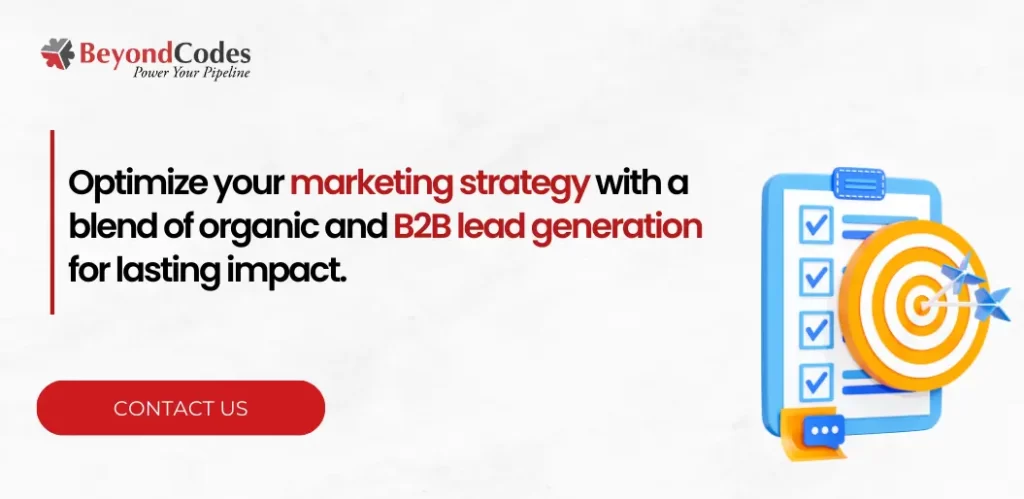
Few Hand Picked Articles For You
- Outbound Lead Generation Strategies
- Ways To Generate B2B Sales Leads
- What is B2B Lead Generation
- 30 Transferable Skills for Sales Development Reps
- 8 Effective Steps to B2B Appointment Setting

